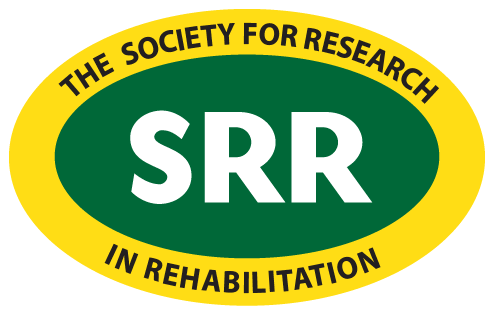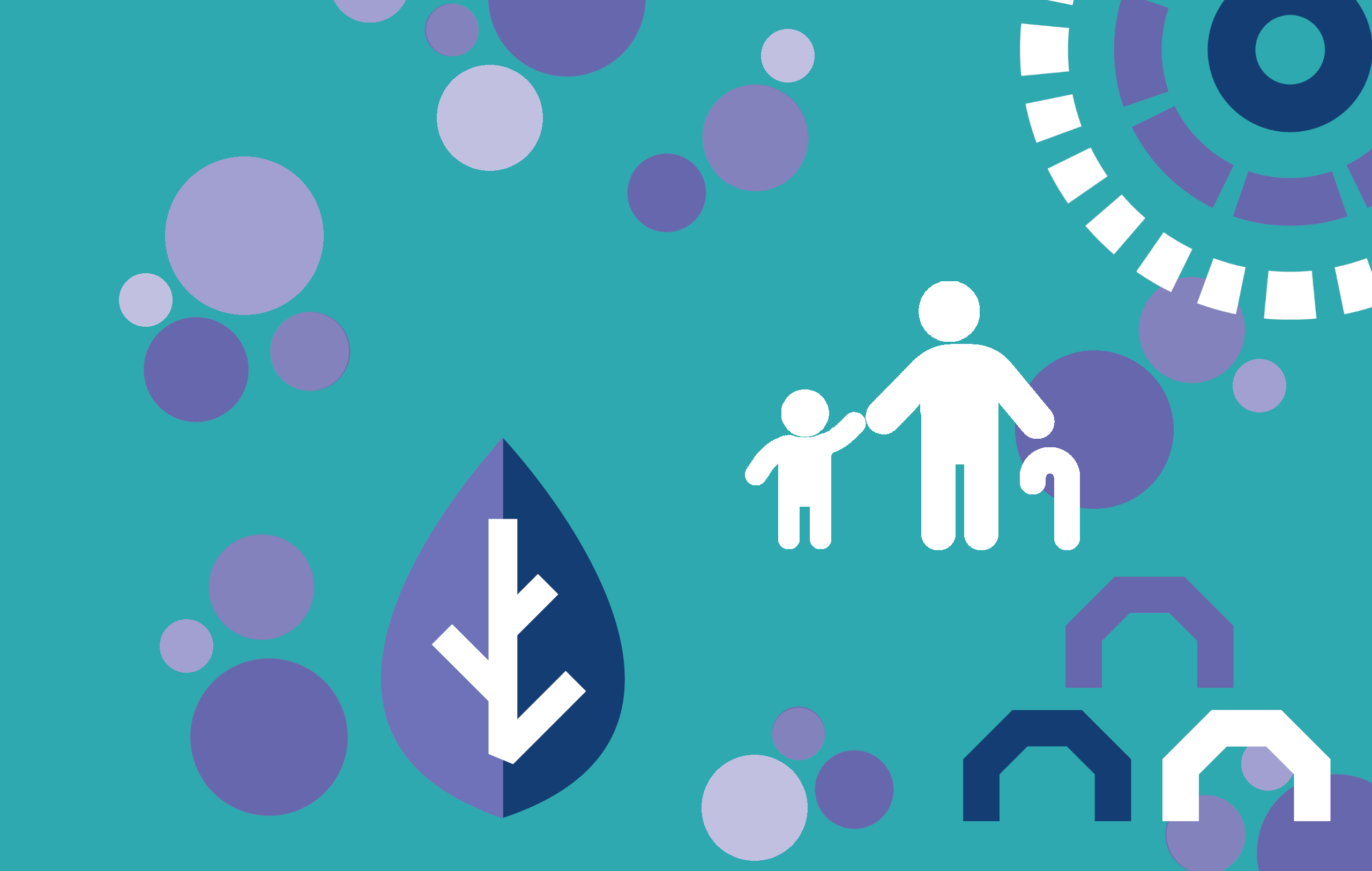Listen to James Piercy talk with Gillian, a member of our Public Oversight Committee, who is a carer to her son who suffered from a hypoxic brain injury almost 6 years ago.
Gillian talks about the difficulties both her son and her family have faced through the rehabilitation journey, and why she decided to become more involved in helping others with brain injury because of it. To learn more about hypoxic and anoxic brain injury, click the button below.

| (0:08) James | Welcome to another of the short podcasts from the HealthTech Research Centre in Brain Injury. We're talking to researchers, we're talking to developers and we're also hoping to talk to some patients and carers, so I'm really pleased to be joined by Gillian. Gillian perhaps you can tell us a little bit about you because you're not a patient, but you do care for somebody with a brain injury. |
| (0:32) Gillian | Yes that's right, I'm not a full-time carer but I do offer care to where my son is living at the moment. |
| (0:43) James | Okay so your son had a brain injury, can you tell us a little bit about what happened to him, what kind of brain injury did he have, was it a fall? |
| (0:51) Gillian | No, he suffered a hypoxic brain injury which is essentially a lack of oxygen to the brain. |
| (1:00) James | Yeah, and there could be lots of causes for those kinds of things and what happened to him as a result of that? |
| (1:06) Gillian | Well he was found unconscious about 7.30 at night, someone tried to get hold of him and couldn't find him so they alerted me, and I spoke to the police and said could they do a welfare check and they found him unconscious. And he was so ill that the ambulance service couldn't move him straight away, they had to stabilise him up in his bedroom whilst I waited downstairs. |
| (1:43) James | Yeah, and then I guess he's rushed into hospital intensive care? |
| (1:47) Gillian | Yes, rushed into ICU. And as I recall the next thing we were in the ICU waiting room. |
| (1:56) James | And one can only imagine how stressful and worrying a time like that must be. |
| (2:03) Gillian | Yeah, it was as you can imagine devastating, shocking, just absolutely awful whilst we waited for the medical team to tell us what was happening with him. |
| (2:19) James | And how long was he in hospital for? |
| (2:23) Gillian | He was in the local hospital about three months. And then there was a fight to get him into a specialist neuro hospital, so he was eventually transferred to Salford Royal. So in total he was in hospital for six months and unconscious for those six months. |
| (2:53) James | Wow that's a really long time. |
| (2:55) Gillian | I have to mention James it was also around the time of Covid. So there was at least two and a half months when we couldn't see him at all, which further compounded, you know, the distress that I couldn't be with my child and I tried every which way to be with him and they just said ‘no, no’. |
| (3:23) James | And then I guess as you come out, come out of coma, and gain consciousness then only then really people can see what kind of impairments he's been left with. And he's out of hospital, is he back at home? Did he come home? Do you care for him at home? |
| (3:38) Gillian | No he's actually in the second rehabilitation, I don't like to call it a care home unit. The first one being in the priory for what's called slow stream rehabilitation. The second one is very lacking in any rehabilitation and he's just there and you can imagine he's now 27. Both of the experiences of the rehabilitation have been, notwithstanding Covid, very poor. |
| (4:18) James | Yeah I'm sorry to hear that. Has he made progress through that rehabilitation, is he regaining function? I don't know did he lose speech and movement? |
| (4:27) Gillian | Yes, yes, he lost speech. Where is he up to now? Again James it's quite devastating from going from being a fit and healthy young man to now suffering profound disability. So if I was to start from the top of his head as it were, he's now registered blind, because the brain is very sensitive to visual impairment when there is a lack of oxygen so he tells me he can see shadows and some colours but that's really about it.Cognitively, he's actually made a better recover than his physical recovery. And sometimes he's quite on the ball and tuned in. Other times he's not and that's dependent a lot on whether he's fatigued. And as we know in brain injury fatigue is ever present. |
| (5:43) James | Definitely it's 14 years after my brain injury and I still struggle with fatigue sometimes. And there was a recent campaign wasn't there by Headway about “on a good day”. So we know that this variation is very common, sometimes people just can't function at all, and other times actually much better and as you say kind of with and responding. |
| (6:04) Gillian | Yeah exactly and I guess I've learned how to pitch myself as to where he's at on that scale. So working downwards he had extensive speech and language, swallowing, because he couldn't swallow, so we had to have a series of tests to work out whether he was safe to have a normal diet, and thankfully he is. His left arm, he can move after a fashion, but I would say there's no real functioning movement in there. The same with his right arm and no movement in his legs at all. He's also got drop foot I don't know if you know about that that's when the foots at an angle bent downwards and it can't be shifted up as we would.
Yeah yeah his muscles are all very tight and locked. For that he had Botox treatment and steroids to see if they could untighten the muscles. I think it's called “spasticity” and that was, really, largely unsuccessful. |
| (7:34) James | So clearly devastating impacts of this hypoxic brain injury that he had.I'm interested also if you don't mind sharing a bit about the impact on you those first months when he's in hospital clearly terrified that you're going to lose your son. What about now years down the line what kind of impact has it had on your life? Are you able to work still for example? |
| (8:01) Gillian | I do work still, and the only way I can do that is because I'm working from home. If I had to work, I had to commute every day, I simply wouldn't be able to do it. Yeah, the effect has been utterly devastating and although when people say to me “oh it's nearly six years” it doesn't feel like that, it still feels like yesterday. It's been profoundly life-altering, life-changing. Just the most horrific thing that any parent can envisage happening to their child. I'm living that now. |
| (8:46) James | Yeah and so Gillian we met because you're a member of the oversight committee for the Health Tech Research Centre so that group really is has a sort of governance role and the work that the Health TechResearch Centre do to help kind of push things forward and you've also taken part in some of our patient involvement focus group work. I wonder why do you do that? You're clearly very busy, you've just explained how your life has really been impacted and there's no obvious end to that insight at the moment. What made you feel that you could do something and join in with these activities? |
| (9:23) Gillian | Well I think sort of documenting my own journey, from the start to where we're at now, I recognise so many failings in my son's care. And I just think it's vital that those of us who are carers or have suffered a brain injury find ways, if we can, to improve not only the patient experience but also those of the carers. And I do feel that the carers needs are often not in focus. But it has a huge life-changing impact on, not just me, but all the family. And I feel that anything that I can do to look at the whole thing and work with it, where we identify problems, can only be a good thing. |
| (10:27) James | Yeah well we thank you for your input and I think something that has really touched me in the conversation we've had before is that how important it is to give a voice to those people who can't speak for themselves. Your son wouldn't be able to join a group and say what he thinks but clearly he does have some important things to add to the conversation so if you can do some of that for him that's really valuable. |
| (10:49) Gillian | Yes absolutely, yes because he identifies where things aren't working for him and I have to be his voice. And for those people, some of whom are in the unit Luke’s in, they don't have anybody. We're told by the unit that oh well lots of these people aren't visited. And I just think “wow, who is taking care of them, who's advocating for them, who's looking at the standards of the rehabilitation?”. Fortunately, my son's got us. And I just think, you know, we need to look at all this we need to work out where it's going wrong, and the service your research, I hope, will help with that. |
| (11:44) James | Yeah certainly we hope that we can try to get some new technologies and interventions to improve things. One of the things that we're just starting working at the moment is to renew a directory of unmet needs, and without going through a big list I wonder if there are things that obviously spring to your mind in terms of needs for your son that haven't been met properly also needs for yourself and for the family. |
| (12:05) Gillian | I think that families need to be much better informed of what's going on with their loved ones. There's been many gaps for me where I either haven't understood what where we're at now or where we were at then.A lot of the information about hypoxic brain injury, I actually got from a group in America. And it shouldn't be that way. Why haven't we got such a group here? Why don't we have the information here?
I would say that that was my main source of support. And they were able to tell me this is likely to happen next, that's likely to happen next. If I hadn't found that group, I wouldn't have known what I was looking at. |
| (13:01) James | Yeah and I imagine that there are quite a lot of people who wouldn't have found that information, wouldn't even know where to start looking for, it perhaps. |
| (13:10) Gillian | Yes, yes, and one of the things that happens with this brain injury, and I think with traumatic brain injuries as well, is the whole sympathetic nervous system goes haywire and you have these repeated episodes which were horrific. Nobody told me that this would happen once they'd reduce the drugs in ICU, and he'd gone on to a general ward.I didn't know that this would happen. Nobody warned me that he was going to have these episodes (I can't remember the exact name) but I went on to the forum and they told me what they were. |
| (13:54) James | Yeah and actually it's fairly common and shouldn't be a surprise but shocking to be faced with it. |
| (14:00) Gillian | Yeah, yeah, they told me how long it was going to last. What was likely that I would see him experiencing. And I got a lot of reassurance that they told me “they are horrific, these episodes, but they will end”. |
| (14:20) James | Sure so is there a way that we could use sort of new technologies, digital technologies, for example, to help people access that kind of information so it's not a big hunt should there be a central resource? |
| (14:33) Gillian | Yes I think so. I think that we need to be informed of what's happening now, and what's likely to happen in the future. The way I got my information, I remember saying to, I think it was the OT, “you know when he looks at me”, and they said they just dropped into the conversation “oh he's not looking at you because he can't see”. And I was just I had no idea that he couldn't see. Nobody had told me that blindness would be part of this injury. Again I had to go looking for that information. |
| (15:18) James | Yeah and do you think that some of that poor communication was because of Covid and all the other stuff that was going on at the same time? |
| (15:26) Gillian | We were in the midst of Covid, and no doubt there was staff shortages, and people diverted to people who were, as we know, very ill and dying at a huge rate in those early days. But I think that it was poorly communicated, definitely. |
| (15:48) James | When you are the carer, you don't know what you don't know. So you don't know what questions to ask, you need people to ask you, or to give you as much information as possible, I guess. |
| (15:58) Gillian | Yeah, and in fact I recall that we were told that my son was likely to die. And I myself became hugely distressed, and they became very worried about me. And I had to get some mental health care and it was actually, it was the psychiatrist, who gave me a bit of hope. My psychiatrist I was seeing he was the one that gave me a bit of hope. All the other medicals said “this is hopeless”. |
| (16:40) James | Well maybe hope is a good place for us to wind up this conversation really, and that we hope that your son continues to recover over time, and we hope that you find some comfort and can look after your own well-being and your family around you too. And I guess we hope that the work of the Health Tech Research Centre and people like yourself giving input into it will help us to produce some new kind of innovations and technology to improve things as we move forward. And it seems to me that communication ought to be quite an easy thing for us to work on didn't it? |
| (17:12) Gillian | Yes absolutely. |
| (17:14) James | Gillian, thank you ever so much for finding the time to have a talk to us. And if you're listening and enjoying this podcast please do check out some of the other ones on our website and hear more about the work of the HRC. Thanks very much. |
More like this:
Research Podcast – TBI Reporter
Prof David Menon talks about TBI-Reporter a UK wide data sharing platform supporting research in traumatic brain [...]
Society for Research in Rehabilitation Winter Conference 2025
The Society for Research in Rehabilitation (SRR) is pleased to announce its Winter Conference on Rehabilitation Technology [...]
Life Course Theme Podcast
Listen to our Life Course Theme Lead, Professor Topun Austin, talk with James Piercy about our life [...]




